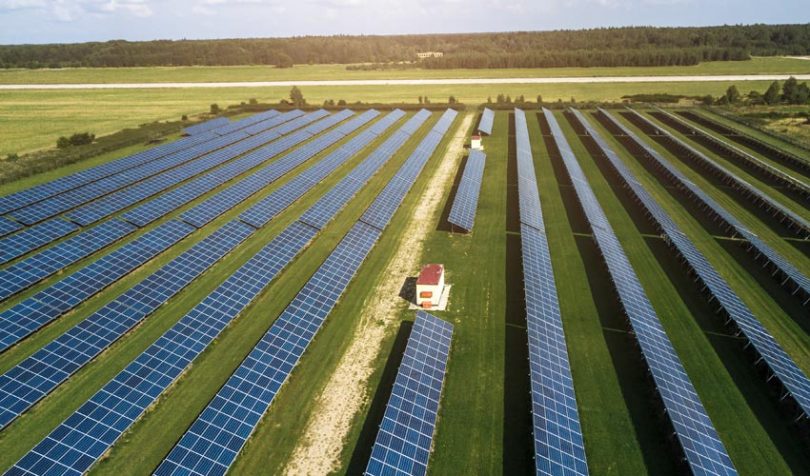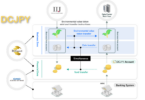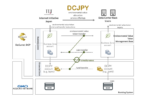Energy Web Foundation (EWF), a global non-profit that uses blockchain and decentralized technologies for renewable electricity, has progressed several deals around the globe in the last few weeks.
Two weeks ago, energy intelligence company Fohat announced its partnership with EWF and AES Tietê, one of Brazil’s largest electricity providers, to create a blockchain renewable energy trading platform. This collaboration will provide AES with an organized over-the-counter energy trading platform and leverage EWF’s blockchain solutions, to issue international renewable energy certificates (I-RECs).
An I-REC is an Energy Attribute Certificate, representing one megawatt hour of renewably sourced electricity. This internationally recognized certification allows electricity supply firms and end-users to ‘prove’ the renewable origin of the generated electricity.
Article continues …

Want the full story? Pro subscribers get complete articles, exclusive industry analysis, and early access to legislative updates that keep you ahead of the competition. Join the professionals who are choosing deeper insights over surface level news.






